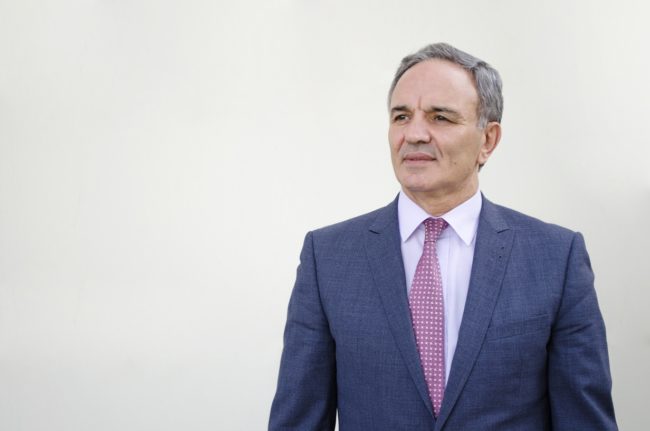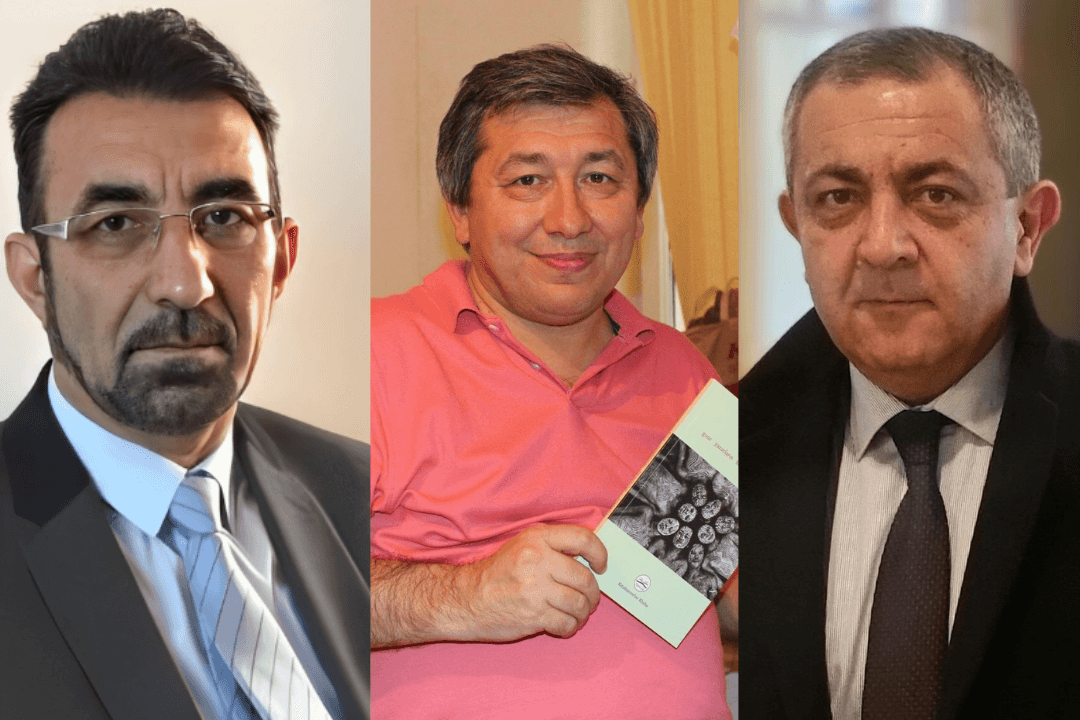

 Azerbaijan is working on a draft law to amend legislation regulating the internet to increase tighten rules on online media. While the Azerbaijani government claims the amendments are aimed at ensuring information security and protection of human rights, activists see the proposed changes as restriction of the freedom of the internet.
Azerbaijan is working on a draft law to amend legislation regulating the internet to increase tighten rules on online media. While the Azerbaijani government claims the amendments are aimed at ensuring information security and protection of human rights, activists see the proposed changes as restriction of the freedom of the internet.
The draft amendments to the law on ‘information, informatisation and protection of information’ and on ‘telecommunications’ will be put before Azerbaijan’s parliament on 7 March. The changes are being introduced on the initiative of the President of Azerbaijan, Ilham Aliyev, Caucasian Knot reports.
Chairman of the Board of the Press Council and Member of Parliament Aflatun Amashov said that the amendments are necessary to ensure regulation of the internet. ‘We are talking about banning the propaganda of violence, religious extremism, incitement to national, religious and racial hatred, disclosure of state secrets, abuse and slander, breach of privacy and family life’, Caucasian Knot quoted Amashov.
The draft amendments also envision a measure of responsibility for a lack of or incorrect reporting of details on sites.
The draft law is seen by many as a further effort by the government to control the country’s already tightly controlled media. The head of the Public Internet Forum of Azerbaijan and the Centre for Information Systems and Multimedia Technologies, Osman Gunduz, referred to the proposed changes as ‘very serious’ in terms of their impact on the situation on the Azerbaijani segment of the internet and the activities of operators and service providers.
According to Gunduz, owners of the websites, must immediately remove ‘illegal content’ after receiving warnings. If the information is not removed within 8 hours, they will be taken to court in order to limit the activities of the site. ‘If this information is a threat to the state and society, the site may be closed without a court order’, Caucasian Knot quoted Gunduz.
The initiative comes at a time when Azerbaijan is facing criticism internationally for cracking down on online and traditional media. In January 2017, American rights group Human Rights Watch reported that independent media outlets faced harassment and closure, and critical journalists faced threats and intimidation aimed at silencing them.
Similarly, Amnesty International wrote in their annual report on the state of human rights that all mainstream media remained under government control: ‘independent outlets continued to come under pressure from the authorities. Independent journalists faced intimidation, harassment and physical violence in connection with reporting that criticized the authorities’, the report claimed.
The report also raised the the launching of criminal investigations by the authorities into Meydan TV, an independent, online, Azerbaijani-language media outlet, alleging illegal activities including large-scale tax evasion and abuse of power. Anticorruption blogger Mehman Huseynov was sentenced to two years in prison on 3 March 2017.
In addition, on 29 November, Parliament approved amendments to the Criminal Code criminalising online insults against the ‘honour and dignity of the President’. The law proscribes fines and imprisonment of up to three years.









